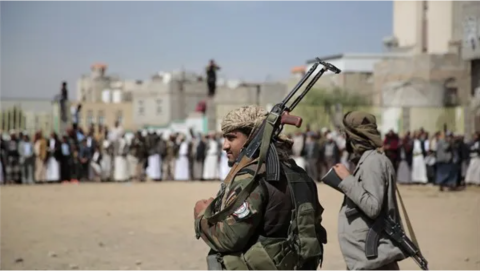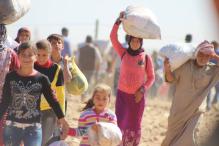Yemen’s Cease-fire Is Challenging Popular Notions of How Wars End
While offering relief the cease-fire raises questions about the efficacy of diplomatic negotiations versus military strategies in resolving conflicts.

In April 2022, the lead U.N. representative for Yemen announced a two-month cease-fire, the first major breakthrough since 2015 in the conflict between the Houthi rebels and Iran on the one side and the Yemeni government and its Gulf backers on the other. The news was a ray of hope in an otherwise unremittingly troubling international context.
Or was it?
While offering relief to Yemenis dependent on humanitarian aid, the cease-fire raises questions about the efficacy of diplomatic negotiations versus military strategies in resolving entrenched conflicts. Despite international norms favoring negotiated settlements, recent events in Yemen, along with Afghanistan and Syria, suggest that military might often prevails over diplomacy, challenging traditional notions of conflict resolution.
This UNU-CPR article published in World Politics Review calls for a reassessment of international approaches to stalled conflicts in light of these developments.
Read the full article here.


